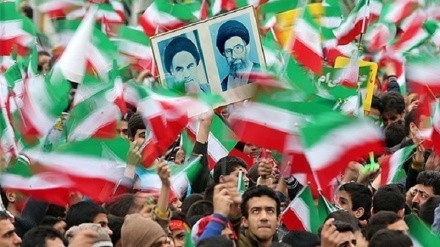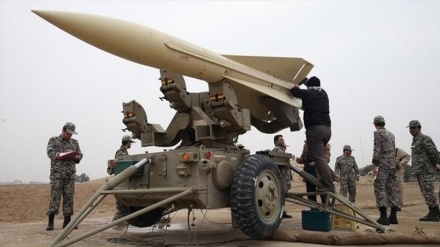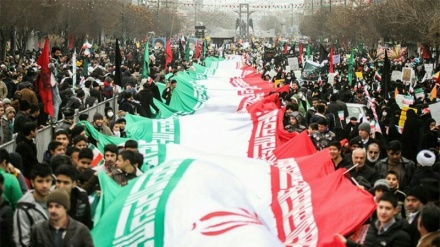Iran 40 years after victory of the Islamic Revolution (12)
For the past 40 years, there has been held one election almost every year in Iran. This clearly shows the popular base of the Islamic Republic system.
Historians and sociologists maintain that excessive concentration of power in the ruling system and undermining of people's role were the barriers on the way of political development in the 20th century. The hereditary system of government throughout centuries had caused the people lose their trust in the ruling system. The concentration of power in the hands of a specific group deprived the society of criticizing them.
The victory of the Islamic Revolution, however, ushered in a new era of political participation based on the role of the people via a referendum to determine the type of the system. Generally speaking, there are two theories on the value of public votes. The first theory believes that, within the Islamic rules and codes, public participation and referring to the votes of the majority to determine every political establishment is a religious obligation. Thus, in some cases direct election turns into indirect election such as election of the leader which is done by the Assembly of Experts who are elected by people. Another example for indirect election is the vote of trust to ministers which is carried out by parliamentarians who are themselves elected by the people.
The important point is that, according to this theory, every manifestation of political behavior in the religious popular rule, is somehow based on public participation and votes.
The second theory on the value of public votes maintains that referring to the votes of majority is limited to just a few cases and manifestations of political behavior. Thus, experts and religious scholars are capable of distinguishing proper political behavior in accordance with the Islamic codes and rules; hence there is no need for public participation in these cases. As per this theory, public participation is restricted to ordinary cases like election of MPs. Nevertheless, this theory is not compatible with the Islamic Republic Constitution. A brief glance at the ideas and practice of Imam Khomeini also reveals that he believed in the first theory and maximum participation of the people in the affairs of system. In response to a question on the aim of the Iranian nation's struggle, he said, "The aim was Islam and of course, Islam contains every concept which is called democracy." This means that religious popular rule and establishment of the Islamic government is in the heart of Islam.
In short, the ultimate fruit of popular rule is the public right to participate in decision-making in public affairs of the society. This right includes deciding the form of the political system, granting legitimacy and power to it, approval of desired laws and regulations, and election of rulers and executive power.
In view of this, Imam Khomeini would stress the role of public participation, saying, "If people vote to the experts to determine a just Mujtahid for leadership of their rule; once they determine a person a leader, he is definitely accepted by the people. Thus, he is the people's elected Vali-e Faqih and his ruling is legal."
Article 107 of the Constitution says, "After the Grand Source of Emulation and Great Leader of the Global Islamic Revolution and Founder of the Islamic Republic of Iran, Ayatollah –ul-Uzma Imam Khomeini, who was recognized and accepted by decisive majority of the people as the Leader and the Source of Emulation, the determination of the leader will be incumbent upon the people's elected Experts who examine and consult on all jurisprudents who are qualified according to the articles 5 and 109."
It is asserted in articles 5 and 109 that the elected leader will have authority of leadership and responsibilities pertaining to it; while he is equal before the law with every individual in the country. Next time we will continue the discussion.
RM/ME


